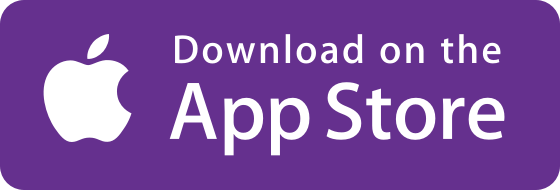It may happen if you are studying our method for your PhD at CUNY: Iuri Moscardi’s account from GC DRI.
Something I really like about Americans is their ability to surprise me continuously. For instance, on Monday, January 14th, I was sitting in a classroom at CUNY‘s Graduate Center, where I am currently enrolled as a PhD student, together with other 30 people. We were all selected to attend the Graduate Center Digital Research Institute, a four-day intensive workshop to learn programs and languages useful for our researches.
It was a context that in Italy I would definitely define as “institutional”. Well, what we were first required to do was to draw our research as if we had to explain it without using words. I have to confess it wasn’t easy at all to give shape to the ideas that, however continuously reworked, should constitute the final outcome of my PhD. Anyway, I remembered that until middle school I was not so bad at drawing. So, I represented my research on Betwyll in this drawing.
Social reading and the reception theory of the literary text
My research project is based on an analysis of the method developed by the cultural association TwLetteratura and now applied to Betwyll. As I tried to make clear in my drawing, such method first of all changes the reading process of a text. From an activity made by single readers with their own book, to a community one. This method in fact engages many readers around the same text in the same moment. The added valued is that the content is thus refracted in many different aspects. And this, within an environment where everybody feels free to comment according to their own personal reception of the text. Moreover, everybody can reply to other readers’ comments, thus creating discussion threads on aspects of the text that areoften overlooked.
The theoretical and critical frame that I would like to refer to is the reception theory of the literary text. Such theory was developed by the German scholars W. Iser e H.R. Jauss during the 1970s at the so-called Konstanz School. It focuses on the reader’s role as a function that contributes to give meaning to the literary work through reading.
Digital tools for academic research
The four days of workshops allowed me to get familiar with some digital tools that are very useful for my research.
In the first two days we dealt with Command Line, Git, GitHub, and Python. Git and GitHub are very useful for data creation and management, especially if complex or in huge amounts. In fact, Git allows to create and edit different data formats. GitHub, instead, is a hosting service that, as a cloud, allows users to add data previously processed with Git and to keep track of their creation and edit process. Git and GitHub thus prove very useful, among other things, to create a shared project. In fact, not only they allow multiple access, but also the tracking of any edit the users made. Phyton, instead, is a high-level programming language to develop apps, scripting and more.
The third day opened with databases, whose management is key in every research (especially in mine), followed by Text Analysis. This specific workshop, along with the following one on Machine Learning, was my favorite. I actually discovered tools and processes that would perfectly fit to the data from Betwyll projects I want to analyze. The training closed with a focus on Digital Ethics, fundamental for researchers using digital tools, HTML and CSS.
The Graduate Center Digital Research Institute
For me, the GC DRI is a really unique opportunity. It is an intensive and well-structured program, where everybody can count on professors and students-colleagues for every request or explanation. Moreover, being designed for academic research, it offered really useful suggestions for the advancement of mine. All of this was possibile thanks to the relevance that digital innovation has at the Graduate Center. Among its various digital initiatives, I would like to mention CUNY Digital Fellows. A group of students from the most diverse disciplines who employ digital tools for their research, and make themselves available as amazing and competent tutors. This, under the guidance of Professors Lisa Rhody and Matthew Gold, who have long since recognized the relevance of the digital ecosystem for academic research. It is thanks to their commitment and hard work if GC DRI and several other initiatives took place and many more will follow.

Iuri Moscardi
PhD student
Betwyll North America Desk
Born in 1986, he graduated in Milan with a thesis on Cesare Pavese. He discovered TwLetteratura thanks to Pavese, one of the first authors to be read with this social reading method. He believes that TwLetteratura is an innovative approach to literature: for this reason, after a MA in Italian at Indiana University (Bloomington), he started his PhD at CUNY focusing his research on this social reading method as a new form of reception. He is a project manager for Betwyll, and writes on journals and newspapers, both on paper (La Stampa, Giornale di Brescia) and online (Il Lavoro Culturale, La Voce di New York, Esquire). During his spare time, he reads and supports Juventus. His blog is curiously named Il Tubero (the Tuber).

